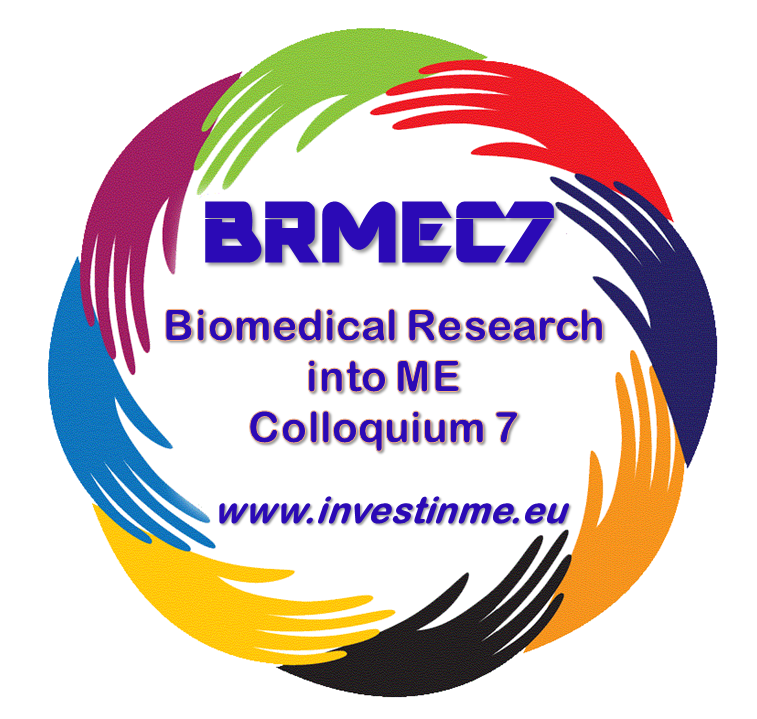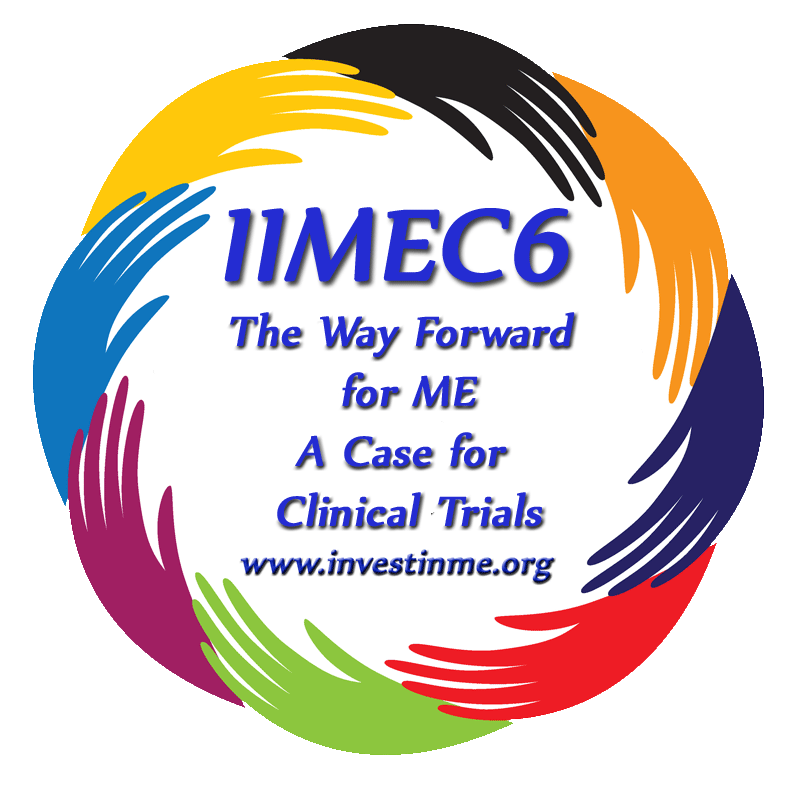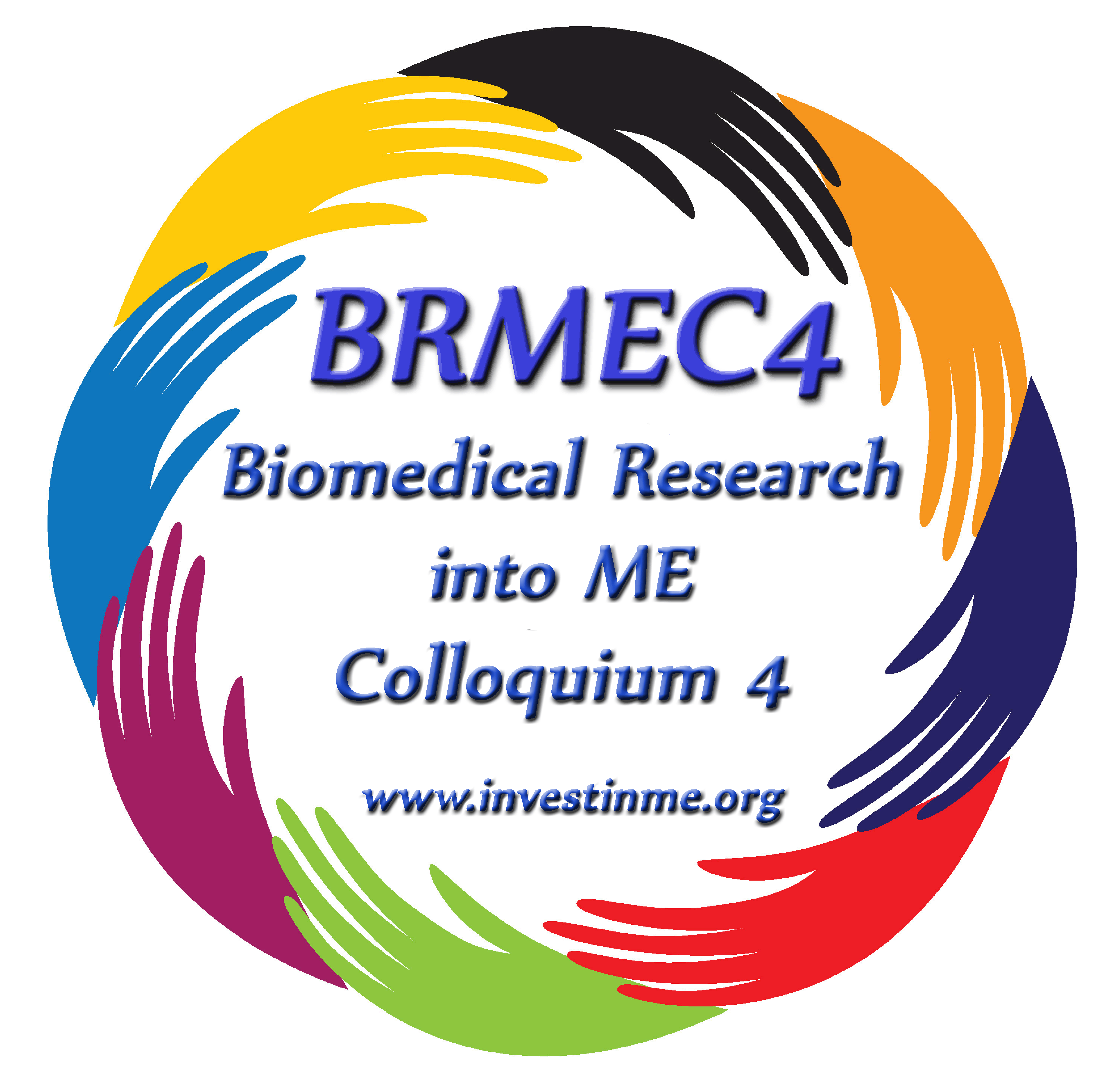Our Foundation Project

From 2007 the charity focused on a policy of campaigning for better education and for high-quality biomedical research into ME. Having had a generation of poor and under-funded research into ME, a lack of treatments, lack of proper examinations, and a failing of any change to occur or even be contemplated, it became clear that we needed to break the mould. This led to our proposal for a research and development facility which could lead to a UK Centre of Excellence for ME.
How It Was Done
As part of this Invest in ME representatives first met the then Dean of Medicine at UEA, Professor Sam Leinster, in April 2010. This meeting was made possible with the help of our advisor Dr Ian Gibson, former Dean of the School of Biological Sciences at UEA.
Professor Leinster was willing to help us get started with research into ME and introduced us to Professor Tom Wileman, Director of the Biomedical Research Centre. Professor Wileman suggested developing unbiased research using the genome sequencing facility at the Norwich Research Park, TGAC, to look at all known and unknown viruses in the faecal samples of ME patients. He introduced Professor Carding, a gut immunologist at the Institute of Food Research (IFR), to the project as the emerging science was increasingly showing that the gut microbiota played a major role in many chronic diseases.
Invest in ME funded Professor Wileman's attendance at the 2010 Australian symposium organised by the Alison Hunter Memorial Foundation and the Bond University [1] to get a feeling of the ME research landscape. He and Professor Carding have since chaired, co-chaired/attended all of the research meetings organised by Invest in ME [2].
Professor Carding gave an excellent presentation about the gut in health and disease in 2011 at IIMEC6 [3] and outlined the Invest in ME project to the attendees of the 2013 research meeting [4].
Meanwhile the charity's discussions with Norfolk Primary Care Trust (PCT) had produced an agreement to fund a consultant for the patient examinations. Unfortunately, since the NHS reforms and PCTs having been disbanded our original plans needed to be modified. As there is no consultant at the Norfolk ME/CFS service we asked Dr Bansal from St Helier and Epsom Hospital Trust in Sutton to become involved in the project to identify suitable patients from his patient database. Now we had all the main people in place and set out a funding target of £100 000 to be able to fund a PhD studentship.
Patient volunteers set up the Let’s do it for ME campaign [5] to help us achieve this formidable target within the ME community. It took two years to raise the necessary funds but finally in May 2013 at IIMEC8 [6] we were able to announce that the funds had been raised to begin the PhD studentship at UEA/IFR. The PhD studentship began under the guidance of Professors Carding and Wileman in October.
In addition to this we were pleased to announce that a medical student was also identified to intercalate and perform a Masters degree within this project with the help of sponsorship from Invest in ME Research. The charity’s aim is to be able to fund several of these medical students to encourage them to intercalate in ME related post graduate research and thereby improve the knowledge of ME within the healthcare services and within the medical student environment.
Our aim is to improve education, initiate high-quality biomedical research into ME and raise awareness.
The foundation project is titled “A role for a leaky gut and the intestinal microbiota in the pathophysiology of myalgic encephalomyelitis” [7].






